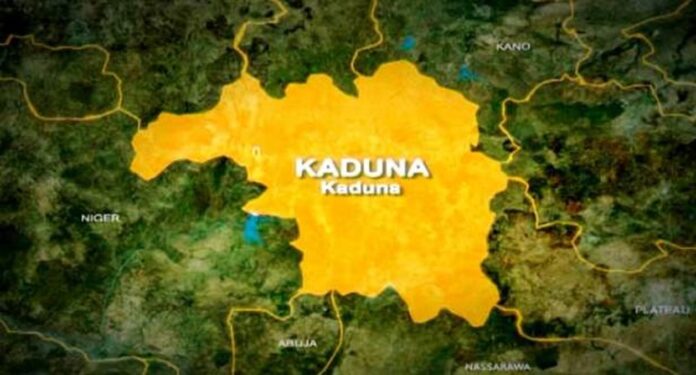The Minister of State for Water Resources and Sanitation, Alhaji Bello Muhammad Goronyo has said that the Federal Government is set to convert the National Water Resources Institute, Kaduna, to a world class degree-awarding university.
The Minister disclosed this during a familiarization tour to the institute located in Mando, Kaduna State Wednesday.
According to him, revitalizing the institute in it’s area of speciality will boost food security, youth inclusivity, tackle unemployment and insecurity.
Goronyo, therefore, urged Managing Directors of the 12 River Basin Development Authorities and the Dams as well as other stakeholders, to utilize the institute maximally because it has a world class technology.
He argued that the food security agenda of President Bola Tinubu could not be actualize without irrigated land while noting that the 12 river basins were enough to feed the entire and even export.
He added that the visit was part of their tour to agencies under his ministry to know what is int ground as part of effort to achieve the mandate of President Bola Tinubu.
The Minister said, “This is the only institution running courses like hydro-technology, hydro-engineering, irrigation in Nigeria.
“From information available to me, it was established in 1979, it has to go beyond this and become a world class institution.
“We are trying to revitalise this place to become a world standard degree-awarding university.
“With the food security agenda of Mr President, the elevation of this institution would go a long way to address insecurity, unemployment, youth inclusivity.
“With the array of professors, doctors and staff committed to provide desired teaching and learning, it’s time for this institute to realise it’s mandate.”
Earlier in his address, the Director-General of the Institute, Prof. Emmanuel Adamu, commended the staff and students for their corporation and support over the years repositioning the institute.
The DG noted that paucity of funds and inadequate manpower were the challenges militating against the day-to-day running of the Institute.
“Our problem is that we need more staff to come and assist us. We need lots of female staff too especially in the area of analysis in the laboratory because females concentrate more and we need them,” he added.







